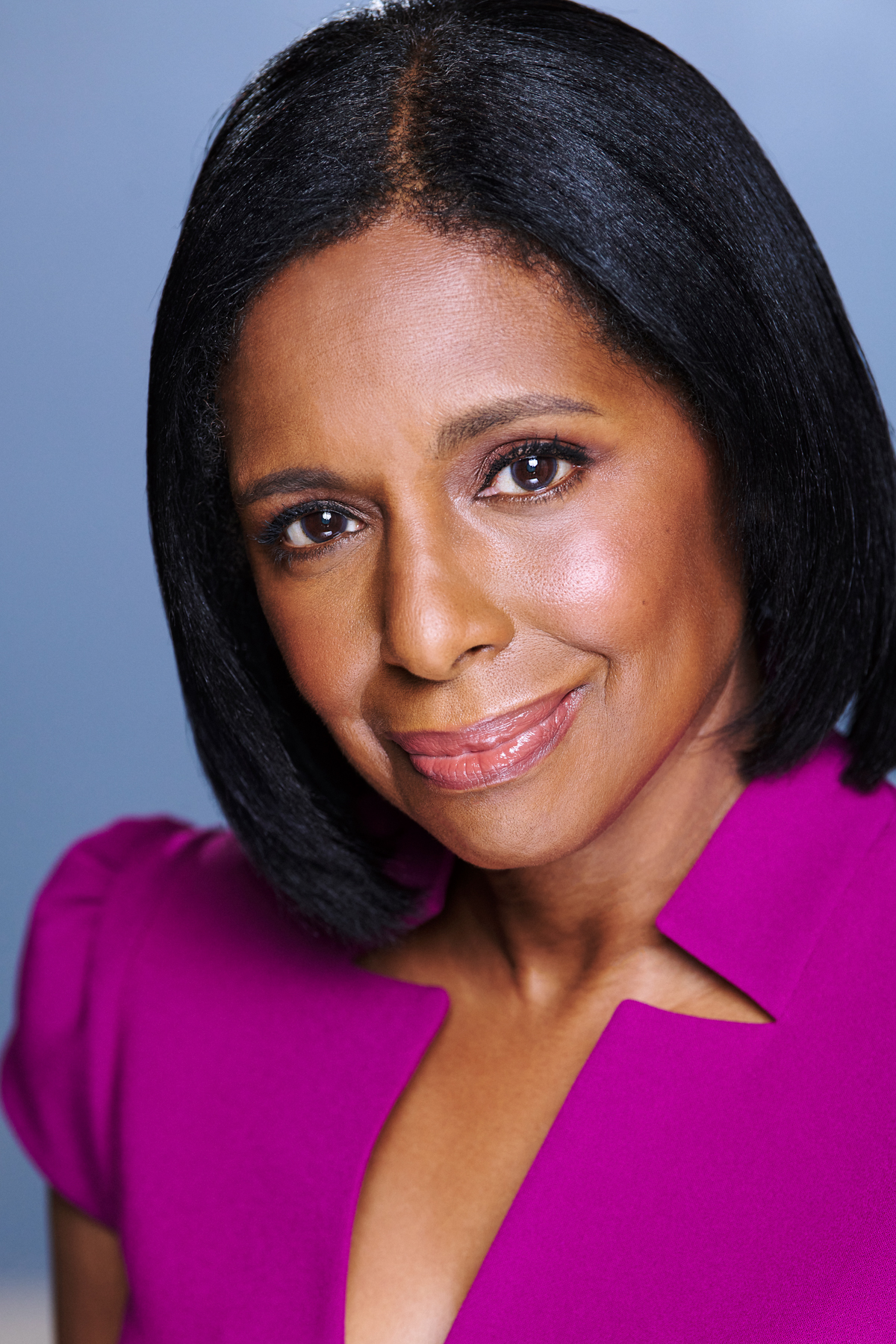How I Found the Perfect Audiobook Narrator
 The story of Fag Hags, Divas and Moms: The Legacy of Straight Women in the AIDS Community has been the story of unexpected and meaningful connections. So I guess I shouldn’t have been surprised when my narrator became one of those.
The story of Fag Hags, Divas and Moms: The Legacy of Straight Women in the AIDS Community has been the story of unexpected and meaningful connections. So I guess I shouldn’t have been surprised when my narrator became one of those.
When I signed on with Findaway Voices to produce my audiobook, I had to submit a list of requirements for the narrator. That required me to think about tone, inflections, and mood. They sent audition tapes from five possible narrators. I have to admit, they didn’t wow me. Then the pandemic hit and everything stopped. After a few weeks feeling sorry for myself, I looked at my now-empty 2020 calendar and went back to Findaway. I asked for another group to consider, but this time I asked for women of color. It was not a request I would have made just a few months earlier.
I’d followed #PublishingSoWhite on Twitter, saddened but not surprised by stories of the obstacles faced by talented people of color (not just authors) in the publishing industry. Then George Floyd was murdered. All of that, happening during the pandemic, felt overwhelming. What could I do - one person - to make any difference at all?
That’s when I realized that there was no reason why my narrator had to be white. Findaway responded within 24 hours. And while all five in this group were good, Donna Allen was clearly the best I’d heard. It was strange to hear someone else reading my words - very strange - but Donna’s voice convinced me.
Just as she was about to go into production, I told her how and why I chose her. I wanted to address what may have seemed odd: a white woman of a certain age choosing a younger woman of color to narrate her book. I was not expecting Donna’s reply:
"Let me tell you what attracted me to your project. I, like so many others, lost someone to the pandemic in the early 1990's. While my parents introduced me to the performing arts at an early age, my cousin Ron introduced me to the performing arts when he gave me six weeks of ballet lessons for Christmas at age three. Maybe that's when I realized I wanted to be a performer. To say I idolized Ronnie is an understatement. He danced professionally for years, working with stars like Sammy Davis Jr. and Lola Falana. After an injury ended his career he became a lawyer. Geography prevented me from spending time with him then. I came home from California and spent some quality time with him. He was to come to our house for Christmas dinner. Instead he went to the hospital. The last time I saw him was a few days after Christmas in the hospital. He died in April. My mother, who visited him often, told me there were several women who helped him at the end of his life. I don't know who they were but I have been forever grateful. Part of me has always felt guilty for being so far away at the end of his life. When I auditioned for your project, I thought of it as a way of giving back somehow; to honor Ronnie and the women who took care of him, and I'm sure many others."
I almost burst into tears when I read this. But it was yet another example of the kind of grace/coincidence/serendipity I’ve experienced these past five years, since I first began work on the book.
As I’ve said from the beginning, these women’s stories needed to be told. And I’m grateful that Donna agreed to tell them.

